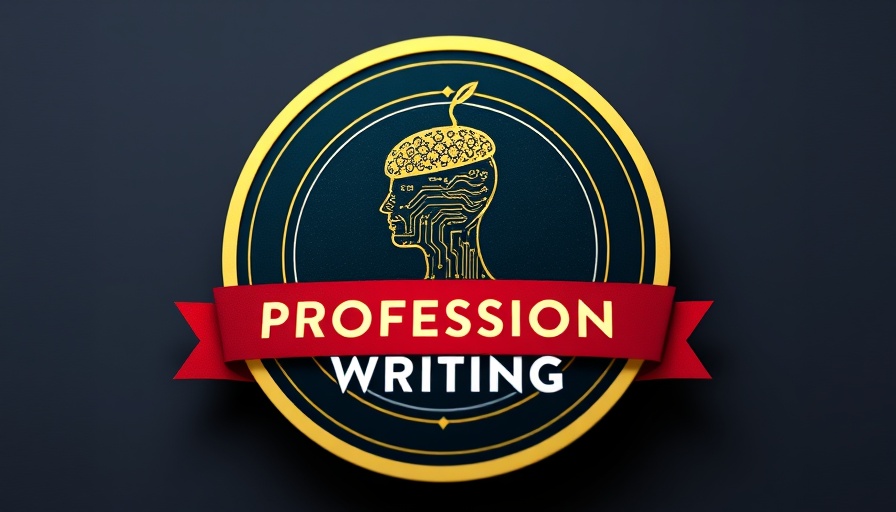
The Rise of Coding in the Age of AI
In recent years, coding has emerged as a front-runner in the realm of artificial intelligence applications, transforming how businesses approach software development. With generative AI taking the spotlight, companies are discovering that coding is not just an integral part of technology; it is becoming a critical driver of efficiency and innovation.
Understanding the Impact of AI on Software Development
Historically, software development has been a human-centric field, relying heavily on the expertise of engineers and developers. However, the landscape is shifting. As noted by tech industry leaders, coding now accounts for approximately 50% of large language model (LLM) usage, highlighting a pivotal change. Tools like Cursor and Windsurf are allowing developers to complete software projects with significantly less human oversight, raising questions about the future role of human coders.
The Transformation of Coding Tools
The rapid advancement of AI technologies has led to the accelerated performance of coding tools. Just a few months ago, OpenAI's best model was still finding its way among the competitive coding ranks. But recent developments have seen this tool soar to a remarkable position, showcasing how quickly AI can learn and adapt. With AI now reportedly generating 30% of all code at major companies like Microsoft and Google, the implications are vast.
Why Businesses Are Embracing AI Coding
Businesses are not just adopting AI coding tools for novelty; they're leveraging these technologies for substantial efficiency gains. This shift is validated by surveys indicating that more than 97% of developers have used AI coding tools in their work. Furthermore, around 30% to 40% of organizations are actively encouraging their implementation, highlighting a significant industry trend. The valuation of AI coding startups, such as Anysphere’s current valuation skyrocketing to $9 billion, reflects the robust market interest and investment in this area.
Future Predictions: Will AI Surpass Human Coders?
As AI coding tools demonstrate enhanced reasoning abilities and improved capacity for information retention, many industry experts predict a future in which AI not only complements human developers but potentially surpasses them. OpenAI’s Kevin Weil notes that advancements in AI capabilities suggest that a computer may soon become the best coder in the world. If this happens, we may witness a dramatic shift in coding practices, where the distinction between human and machine efforts could blur.
Embracing the Change in Tech Careers
The integration of AI in coding presents both challenges and opportunities for aspiring tech professionals. While the landscape is evolving, understanding how to work alongside AI tools will be crucial. Developers may need to evolve their skill sets, learn how to manage AI outputs, and retain their unique creative insights that machines cannot replicate.
What This Means for Future Generations
For younger generations considering careers in tech, the landscape is ripe with potential. As AI continues to develop, educational institutions will likely adapt their curriculums to prepare students for a future where coding and AI fluency are paramount.
Ultimately, as we navigate this exciting frontier, it is essential to recognize the human aspects of creativity and problem-solving that AI cannot replicate. By harnessing these attributes in tandem with AI capabilities, coders can continue to innovate in ways that empower industries and communities alike.
In the evolving landscape of technology, understanding AI's role in coding can be a game-changer for career paths and opportunities. Discover how to stay ahead in this rapidly changing world today!
 Add Row
Add Row  Add
Add 




 Add Row
Add Row  Add
Add 

Write A Comment